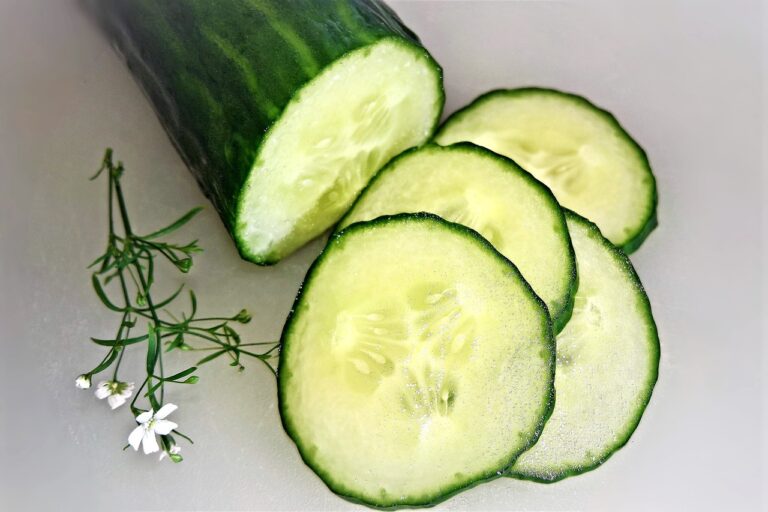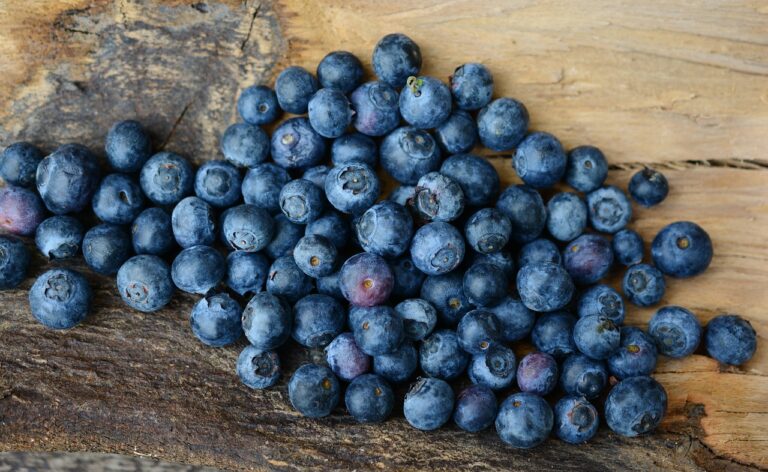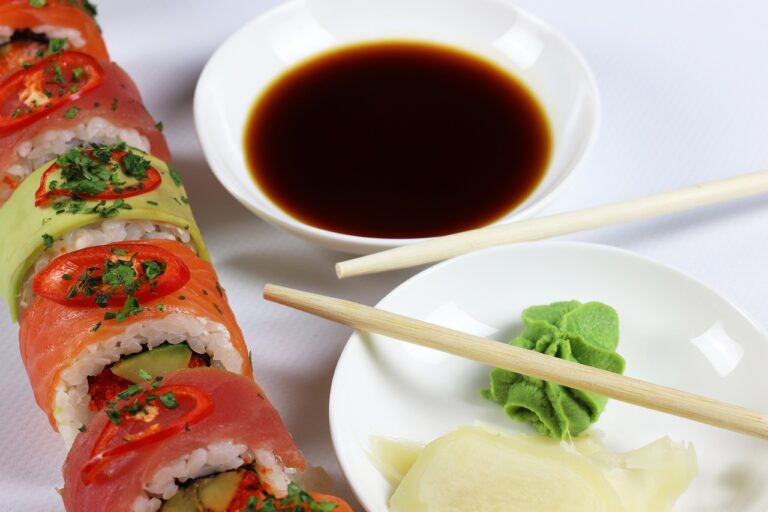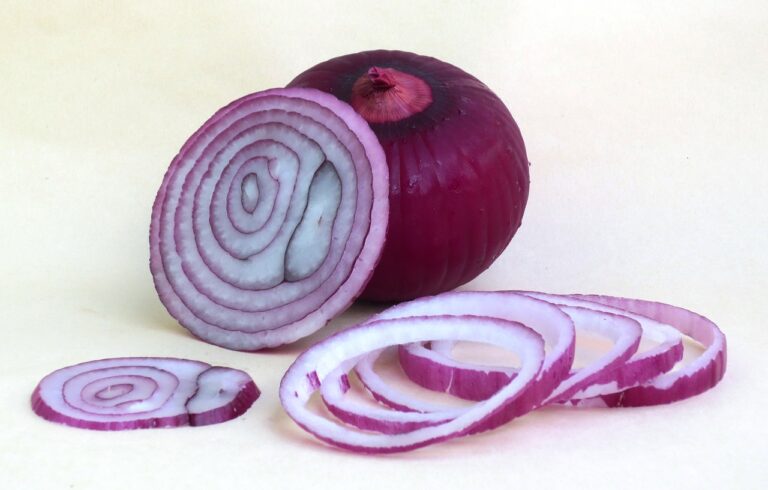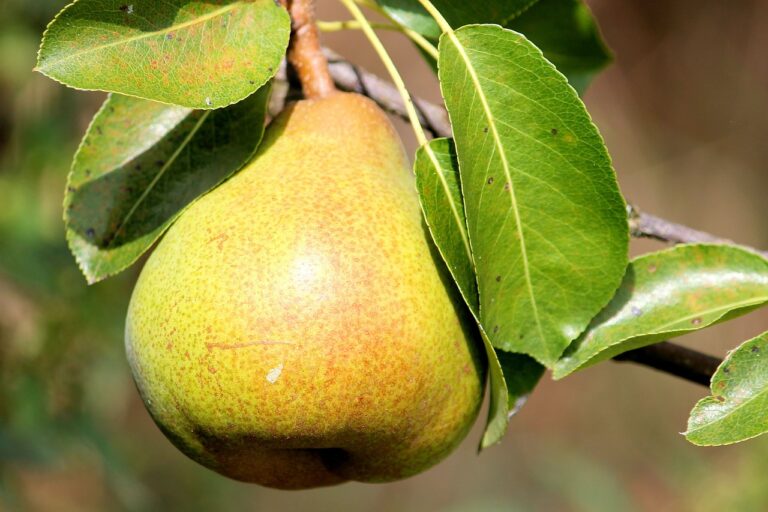Craving Lobster: 10 Amazing Reasons
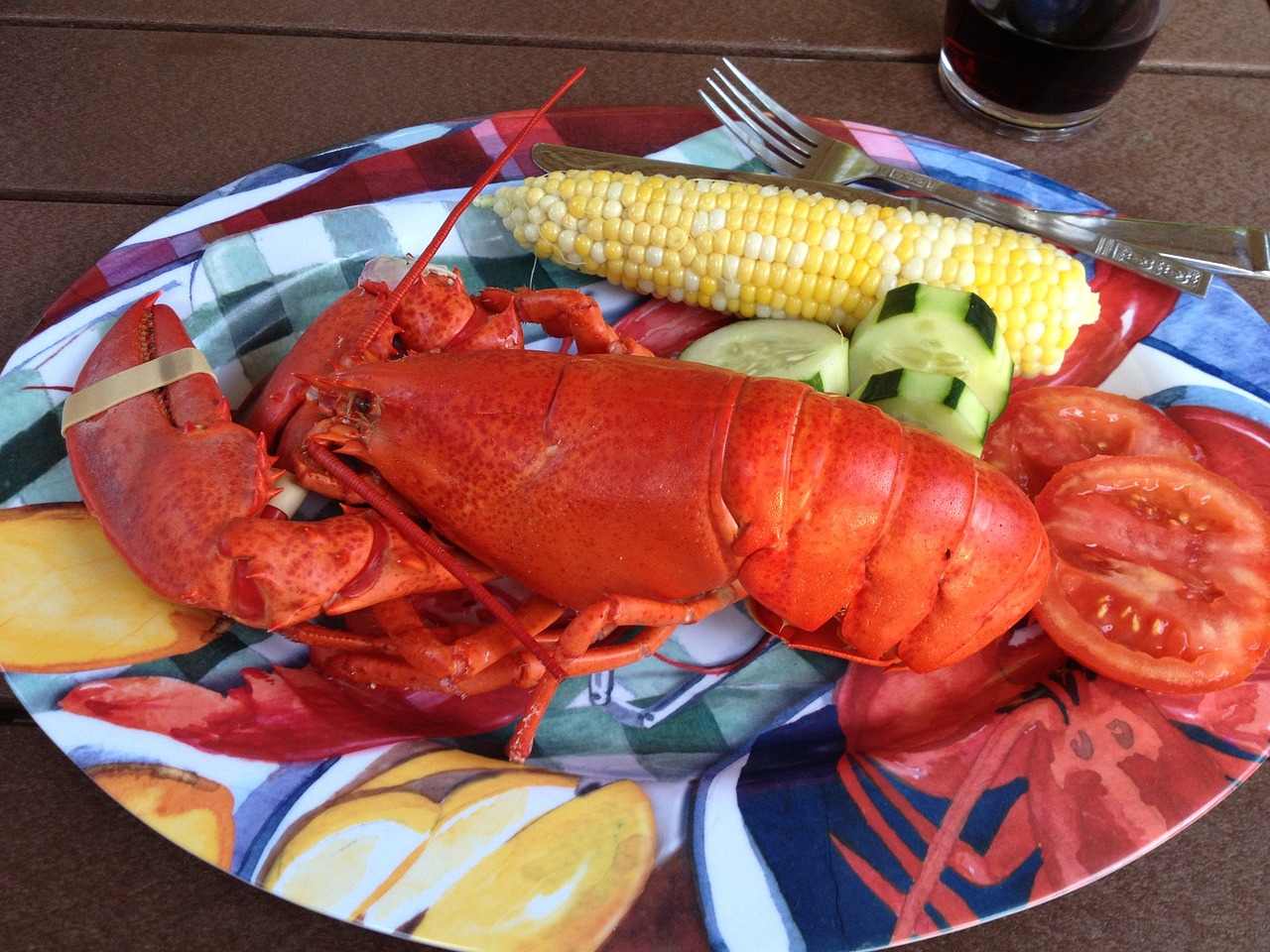
Lobster, once considered the food of the poor and prisoners, has ascended to the peak of culinary luxury. This transformation is a testament to the unique flavor, texture, and dining experience lobster provides. Craving lobster is not just about hunger; it’s a complex interplay of sensory experiences, cultural influences, and even psychological factors. Let’s explore ten compelling reasons why people find themselves yearning for this exquisite crustacean.
Why Am I Craving Lobster?
1. The Unique Flavor
Lobster is renowned for its delicate, sweet taste that is unlike any other seafood. Its meat is tender yet firm, providing a satisfying chew that seafood lovers crave. This unique flavor profile is often enhanced with butter or lemon, creating a simple yet irresistible dish. The taste of lobster is often associated with luxury and special occasions, making the craving for it not just about the food but the experience it symbolizes.
The craving for lobster’s unique flavor can also be attributed to its rarity and seasonal availability in some regions. This exclusivity makes the taste of lobster even more desirable, as it becomes a sought-after delicacy that one must savor when the opportunity arises. The anticipation of enjoying such a distinct and refined flavor can make the craving even more intense.
2. Nutritional Value
Lobster is not only delicious but also packed with nutrition. It’s a great source of protein, omega-3 fatty acids, and vitamins and minerals such as vitamin B12, zinc, and selenium. These nutrients contribute to heart health, brain function, and a strong immune system. The knowledge of lobster’s health benefits can intensify the craving, as it satisfies not only the palate but also the body’s needs.
Furthermore, for those mindful of their dietary choices, lobster offers a lean protein option that is low in fat and carbohydrates. This makes it an appealing choice for individuals following specific diet plans or those seeking to maintain a healthy lifestyle without sacrificing taste. The nutritional value of lobster provides a guilt-free reason to indulge in this luxurious seafood.
3. Texture
The texture of lobster meat is another significant factor in its crave-worthiness. It strikes a perfect balance between soft and firm, providing a mouthfeel that is both satisfying and intriguing. The contrast between the tender meat inside and the hard, protective shell outside adds to the overall dining experience, making it more engaging and enjoyable.
Eating lobster also involves a tactile experience, from cracking the shell to extracting the meat, which can be both fun and rewarding. This hands-on aspect of enjoying lobster can heighten the craving, as it involves more senses than just taste and smell. The anticipation of the tactile pleasure associated with eating lobster contributes to the desire for this seafood.
4. The Experience of Luxury
Lobster is often associated with luxury and opulence. Dining on lobster is considered a treat, reserved for special occasions or as a symbol of celebration. This perception elevates the craving for lobster beyond mere hunger, making it a desire for an experience that is out of the ordinary. The idea of indulging in something luxurious can be a powerful motivator, driving the craving for lobster.
The luxury associated with lobster is not just about the cost but also the ritual of eating it. From the presentation on the plate to the tools provided for cracking the shell, the entire experience is designed to make diners feel pampered and special. This sense of indulgence and pampering makes the craving for lobster about more than just the food—it’s about craving a moment of luxury.
5. Social and Cultural Influences
Social and cultural influences play a significant role in our food cravings, and lobster is no exception. In many cultures, lobster is seen as a symbol of status and success, making it a coveted item on menus and at gatherings. Seeing others enjoy lobster, whether in person or through media, can spark a desire to partake in the experience, amplifying the craving.
Additionally, lobster is often featured in celebratory and festive events, such as weddings, anniversaries, and holiday feasts. This association with happy occasions can make the craving for lobster not just about the taste but about wanting to recreate or be part of those joyful moments. The social and cultural significance of lobster adds depth to the craving, making it a desire for connection and celebration.
6. Memories and Nostalgia
For many, the craving for lobster is tied to memories and nostalgia. Perhaps it reminds them of family vacations to the coast, special dinners with loved ones, or a milestone celebration. These positive associations can make the desire for lobster about more than just the food—it’s about recapturing a moment in time or reliving a cherished memory.
Nostalgia has a powerful influence on our cravings, as it connects us to feelings of happiness and comfort. The act of eating lobster can serve as a bridge to the past, allowing individuals to revisit fond memories and feelings. This emotional connection can intensify the craving, making it a longing for both the food and the feelings it evokes.
7. The Sense of Accomplishment
For some, the craving for lobster is linked to the sense of accomplishment that comes with preparing and eating it. Lobster can be intimidating to cook, given its luxurious status and the care required to prepare it properly. Successfully cooking a lobster meal can provide a sense of pride and satisfaction, enhancing the desire to experience that accomplishment again.
Moreover, the effort involved in cracking open the lobster shell and extracting the meat adds to the sense of achievement. There’s a certain gratification that comes from skillfully navigating the challenge, making the meal even more rewarding. This sense of accomplishment can make the craving for lobster not just about the food but about conquering the challenge it presents.
8. Seasonal and Regional Desire
The craving for lobster can be heightened by its seasonal availability and regional significance. In areas where lobster is a local specialty, the anticipation of lobster season can create a collective excitement and craving among residents and visitors alike. This seasonal aspect makes lobster not just a meal but a part of the local culture and tradition, adding to its allure.
For those who live far from the coast, the rarity of having fresh lobster can make the craving even more intense. The opportunity to enjoy lobster becomes a special occasion, valued for its scarcity. This regional and seasonal desire for lobster underscores the importance of context in shaping our food cravings, making lobster a symbol of both place and time.
9. The Challenge of Acquisition
Obtaining lobster can be a challenge, especially in areas where it is not readily available or during off-season periods. This difficulty in acquisition can actually increase the craving, as humans often want what is harder to get. The effort put into obtaining lobster can make it seem even more desirable, as the anticipation builds during the search.
The challenge of acquisition also adds a sense of adventure to the experience of enjoying lobster. Whether it’s sourcing the best seafood market, finding a restaurant known for its lobster dishes, or even catching lobster oneself, the journey to satisfy the craving can be as rewarding as the meal itself. This quest can intensify the craving, making lobster a coveted prize.
10. The Versatility of Lobster Dishes
Finally, the craving for lobster is fueled by the versatility of lobster dishes. From the classic lobster boil and lobster rolls to more innovative dishes like lobster mac and cheese or lobster bisque, there’s a lobster dish to suit every palate. This variety keeps the craving for lobster fresh and exciting, as there’s always a new way to enjoy it.
The adaptability of lobster also allows it to fit into various culinary traditions, making it a global delicacy. Whether it’s incorporated into pasta in Italy, served with spicy sauces in Asia, or enjoyed in a traditional New England clam bake, lobster’s versatility transcends cultural boundaries. This universal appeal contributes to the ongoing craving for lobster, making it a universally coveted delicacy.

